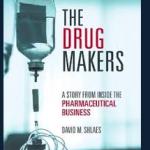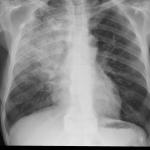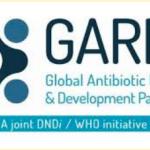Journalists are an easily spooked bunch. Where scientists see a problem in need of a solution, the press often sees an unmitigated crisis that can only be solved by fundamentally changing our way of life.
antibiotics
This is both the end and the beginning of an era. I started writing a book, Antibiotics – The Perfect Storm, in 2009 (it was published in 2010). I began writing the blog at the same time.
Recent discussions on the economics of innovation in rapid diagnostic testing for bacterial infections in the hospital setting have inspired me to once again take pen (keyboard) in hand.
Anyone in the mood for some confusion? If so, keep reading. Below are some random quotes I stumbled across while doing a Google news search of the term "synthetic opioids." It didn't take long.
I have a modest proposal that comes from my recent discussions with Brad Spellberg, Lew Barrett and John Rex. I am grateful to all three of these experts for their thoughts on this topic.
One of the takeaway lessons from the opioid epidemic was that physician’s prescribing behavior often lags behind recommendations.
After developing a swollen eye and experiencing severe, escalating pain for three hours after visiting a relative’s gravesite, a woman in
By Lito Papanicolas, South Australian Health
By Chris Waters, Associate Professor of Microbiology, Michigan State University












